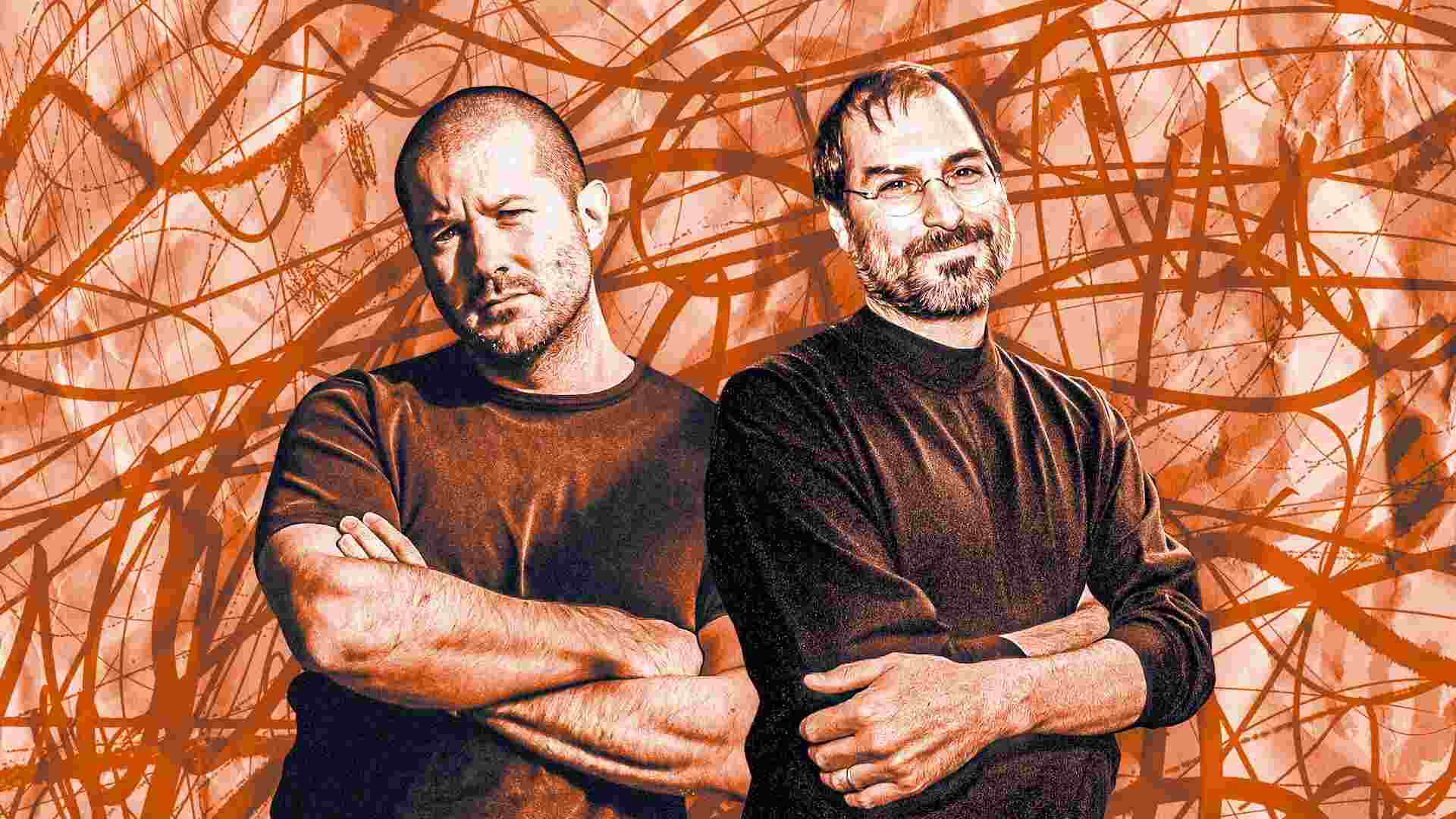- | 12:00 pm
OPEC Secretary General says IEA unjustly vilifies oil and gas industry
Tensions between the OPEC and the IEA have repeatedly flared around long-term oil demand projections and investments in new hydrocarbon sources

Now accepting applications for Fast Company Middle East’s Best Workplaces For Women 2023. Click here to register.
As the world grapples with the escalating climate crisis, the role of fossil fuels has become contentious, sparking heated debates and polarizing opinions. The energy transition debate hinges on balancing climate action and economic considerations.
Recently, OPEC Secretary General Haitham Al Ghais launched a scathing critique against the International Energy Agency (IEA), accusing the energy watchdog of painting a damning portrait of the oil and gas industry.
Last week, the International Energy Agency (IEA) released its report, The Oil and Gas Industry in Net Zero Transitions, declaring that the industry is at a critical juncture.
The report urged the industry to decide between exacerbating the climate crisis or embracing the transition to clean energy, aligning with the IEA’s proposed net-zero scenario.
Taking direct aim at the watchdog’s recent publication, Al Ghais stated that the report released “presents an extremely narrow framing of the challenges before us, and perhaps expediently plays down such issues as energy security, energy access, and energy affordability. It also unjustly vilified the industry as being behind the climate crisis.”
In recent years, tensions between the OPEC and the IEA have repeatedly flared around long-term oil demand projections and investments in new hydrocarbon sources.
While the IEA anticipates a peak in global fossil fuel demand by 2030, fueled by a surge in electric vehicles and a cleaner energy trajectory for China, OPEC, led by Saudi Arabia, vehemently contests this prognosis, saying it leads to a halt in fresh oil and gas investments. This move could imperil energy security.
The IEA also criticized carbon capture technologies, calling them an “illusion” in its statement.
Al Ghais criticized the IEA’s stance, saying that the UN IPCC recognized carbon capture as a viable solution. He emphasized the complexity of energy challenges and the need for a balanced approach.































